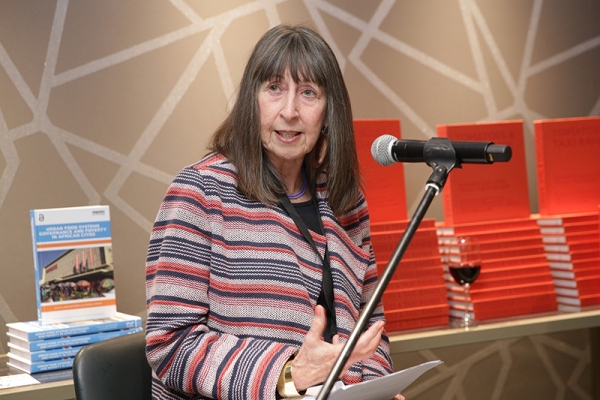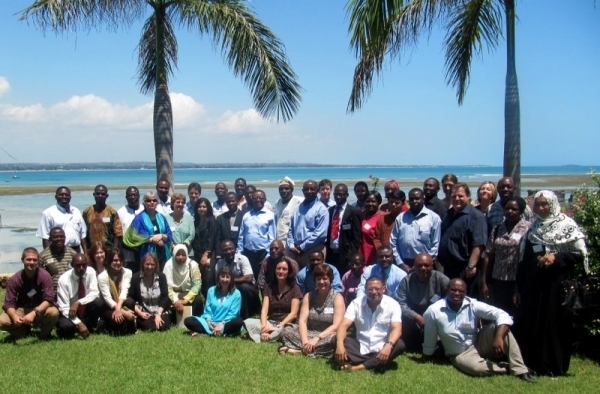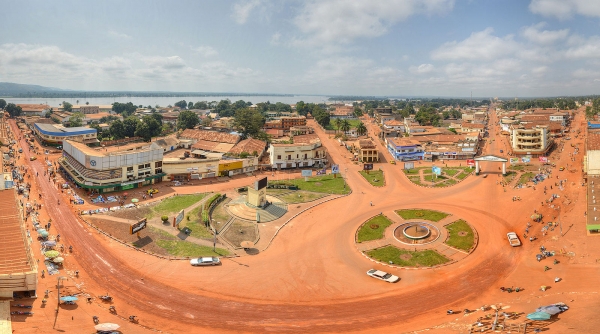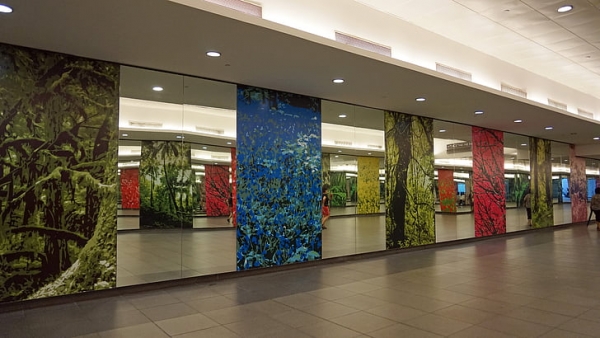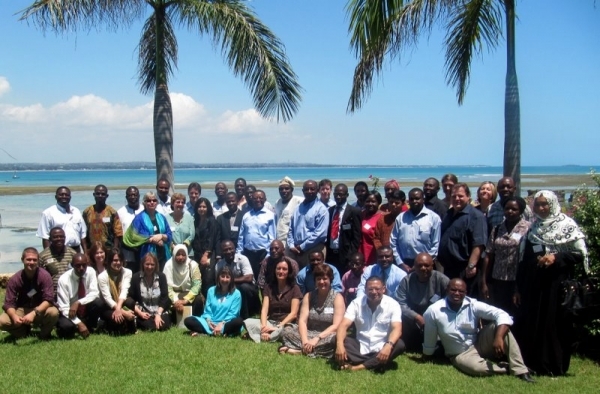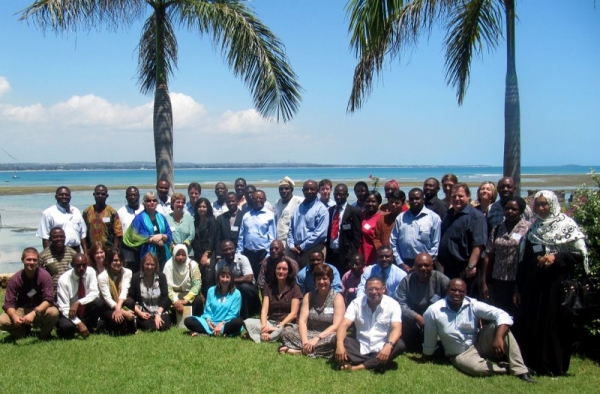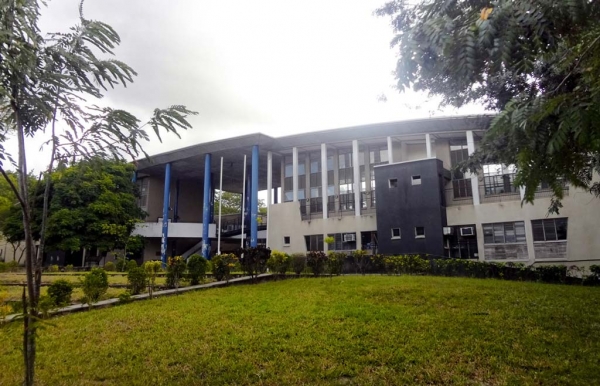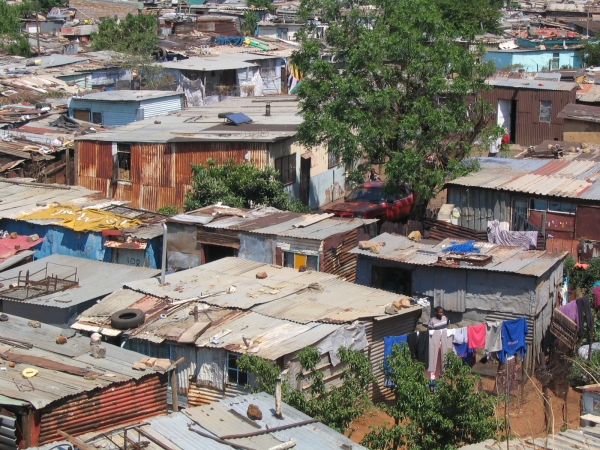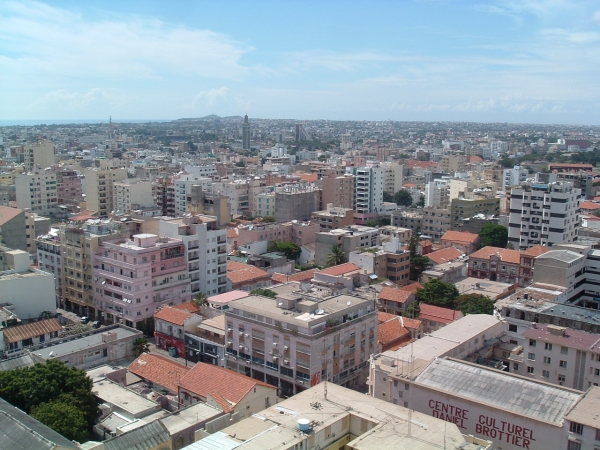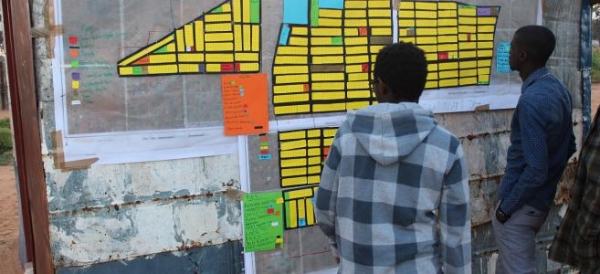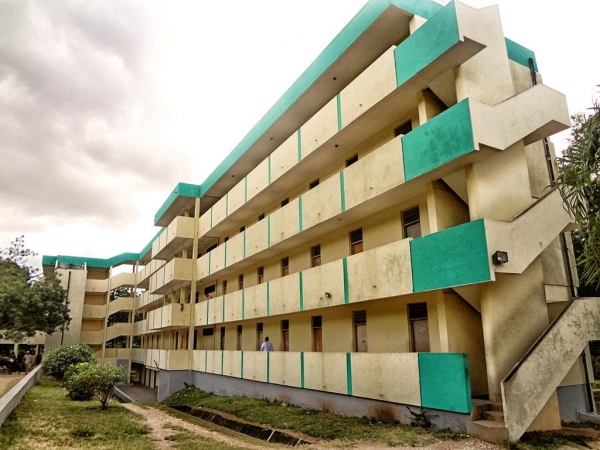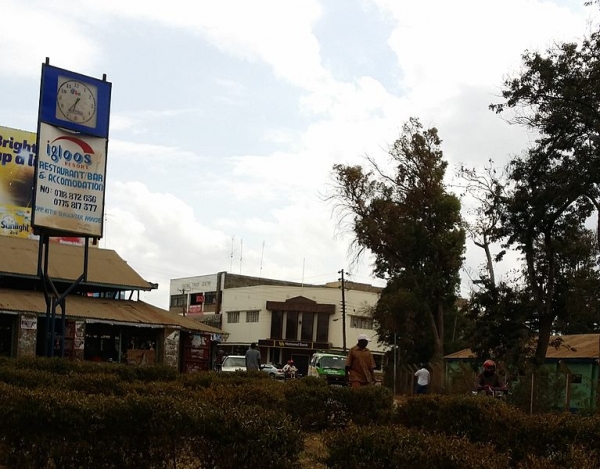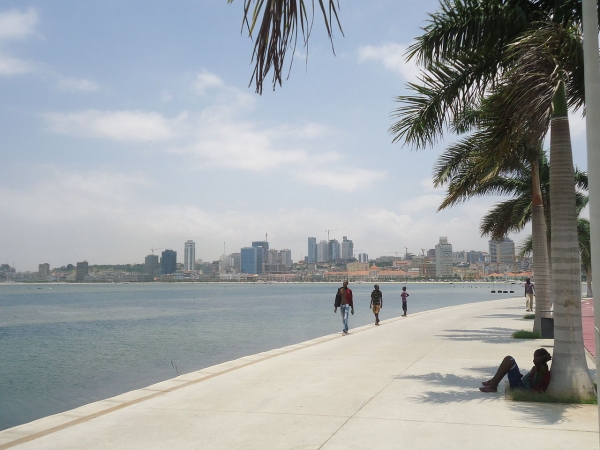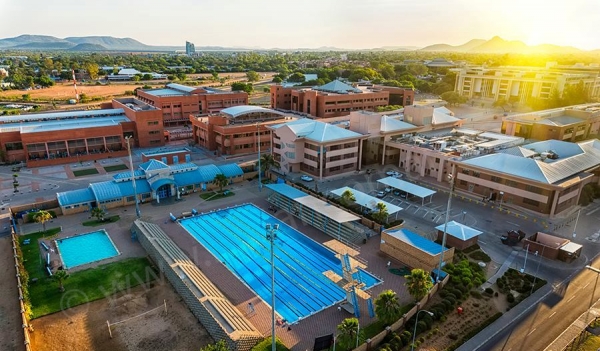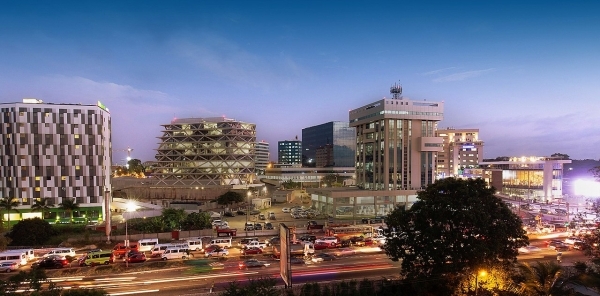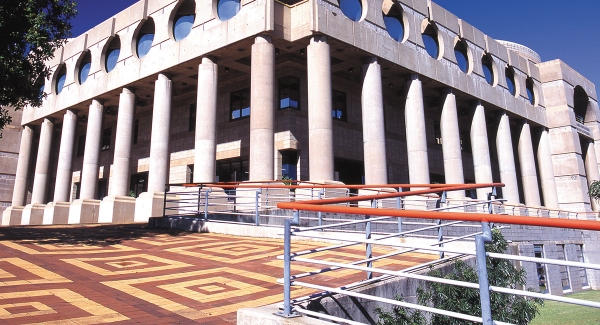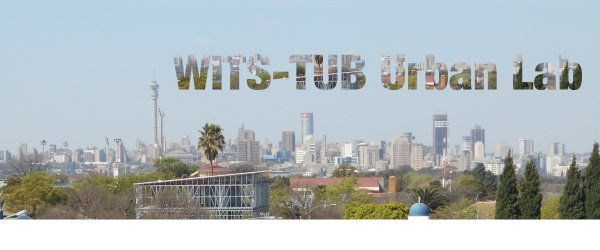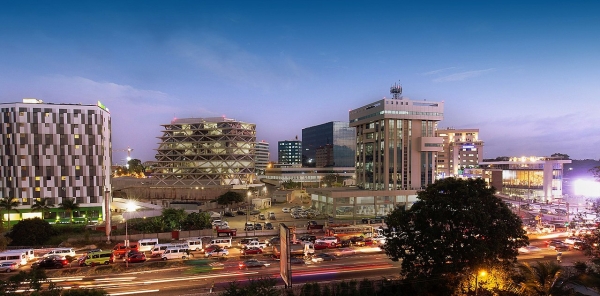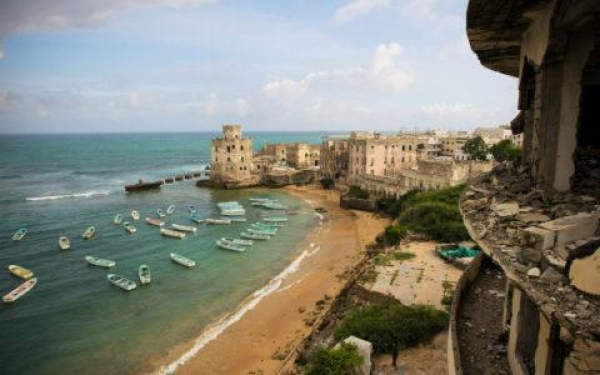The Universities of Fort Hare, Cape Town and KwaZulu-Natal are offering postgraduate bursaries for students interested in conducting research on the relationship between the water-energy-food nexus and sustainable livelihoods in South Africa.
The project is offering two MSc and one PhD bursary to those interested in engaged scholarship, interdisciplinary research and integrated resources management.
Successful candidates would join a vibrant team participating in an exciting project focused on investigating interlinkages between the water-energy-food (WEF) nexus and local livelihoods in three South African catchments.
The three-year project commenced in April 2017 and is funded by the Water Research Commission under its WEF Nexus Lighthouse program. The project is a collaboration between the African Climate & Development Initiative (ACDI) at the University of Cape Town, the Centre for Water Resources Research at the University of KwaZulu-Natal, and the Risk & Vulnerability Assessment Centre (RVAC) at the University of Fort Hare.
The WEF nexus is a framework that captures the inter-relations, synergies and trade-offs between the demand on water, energy and food, in the context of the emerging constraints of sustainable development in particular regions or systems. Nexus thinking is based on a systems approach and often uses the socio-ecological system as primary point of reference.
The WEF nexus is argued to be valuable for understanding complex systems, and for decision making to achieve macro-scale sustainable development. However, the ultimate measure of success for achieving sustainable development is measured at a different scale, namely, the improved livelihoods and wellbeing of individuals and households.
So far, nexus research has remained weak in identifying how the nexus is interlinked with livelihoods. In the South African context, a deeper understanding is needed of how the nexus framework can assist in building livelihood resilience across the socio-economic spectrum, and in shifting towards a sustainable economy.
This project aims to fill the identified knowledge gap, by exploring how the WEF nexus plays out in affecting local livelihoods and wellbeing, and how this understanding can support more equitable sustainable development outcomes at the household level.
The project will be based on three avenues of research:
- Systematic interrogation and integration of the existing nexus and sustainable livelihoods literature,
- Empirical research on the nexus at the household scale in three catchments in different provinces in South Africa, identifying household resource insecurities and the effects thereof on livelihoods;
- Analysis of the governance arrangements and decisions made at various higher levels that lead to the current local scale nexus situations and trade-offs. Identification of key opportunities for employing local solutions to relieve nexus stress and thus improve livelihoods
The project will focus on three research sites:
- The Keiskamma river catchment in the Eastern Cape
- The Berg river catchment in the Western Cape,
- The Umgeni river catchment in KwaZulu Natal
Bursaries Offered
ACDI (University of Cape Town) is offering one master’s bursary for a student to work in the Berg river catchment site.
RVAC (University of Fort Hare) is offering one master’s and one doctoral bursary for students to work in the Keiskamma river catchment site.
Eligibility
The successful candidates should be driven, disciplined, able to work as a member of a team, and be able to set and meet their own deadlines. The candidate is expected to have an honours degree in environmental science, development studies, human geography, law, sociology, anthropology or related fields. Students are expected to commence studies in January 2018.
Specific Requirements
- Experience in qualitative research methodologies (interviews, focus group meetings)
- Willingness to support and work closely with two young adults from the research sites
- Interest in the topic of sustainable development and in working with people from different backgrounds
- Proficiency in English, both verbal and written
- Strong writing skills
Additional Beneficial Skills
- Valid driver licence
- Competencies in Microsoft programs such as Excel and PowerPoint for data capturing and presentation
- Knowledge of the WEF nexus and or the concept of sustainable livelihoods
- Familiarity with and interest in systems thinking
- Familiarity with working with census data and digital bibliographical database
- Knowledge about the Berg River Catchment (especially in relation to water-, energy- or food- related issues)
Expected Tasks
- Literature and policy reviews
- Fieldwork in a project site (including household surveys, semi-structured interviews and focus group meeting) during the period July 2018 to January 2019
- Contributions to project reports and meetings
- Co-mentorship of two young adults
- Assistance with the organization of workshops (e.g. workshop invitations, minutes, summary reports)
- Regular communication with the supervisor and youth development expert
- Participation in all of project team/youth development/reference group meetings (some of these will require traveling)
- Contribution to peer reviewed and popular articles on nexus related topics
- Participation in nexus and/or livelihood relevant workshops/conference
Scholarship Package
The bursaries are for full-time master’s and full-time doctoral studies.
Fieldwork and project related travel expenses will be covered through the project budget.
The candidates will be expected to cover all living expenses including travel to and from the university out of their stipends.
The candidates will be expected to find private accommodation, and make their own arrangements for medical insurance.
How to Apply
For the bursaries tenable at the University of Fort Hare, please send your CV, academic record, letter of motivation and the names and contact details of two referees to Dr Leocadia Zhou (Program Director Risk & Vulnerability Assessment Centre, Faculty of Science & Agriculture, University of Fort Hare) by 5 December 2017.
For the bursary tenable at the University of Cape Town, please send your CV, academic record, letter of motivation and the names and contact details of two referees Dr Nadine Methner by 5 December 2017.


